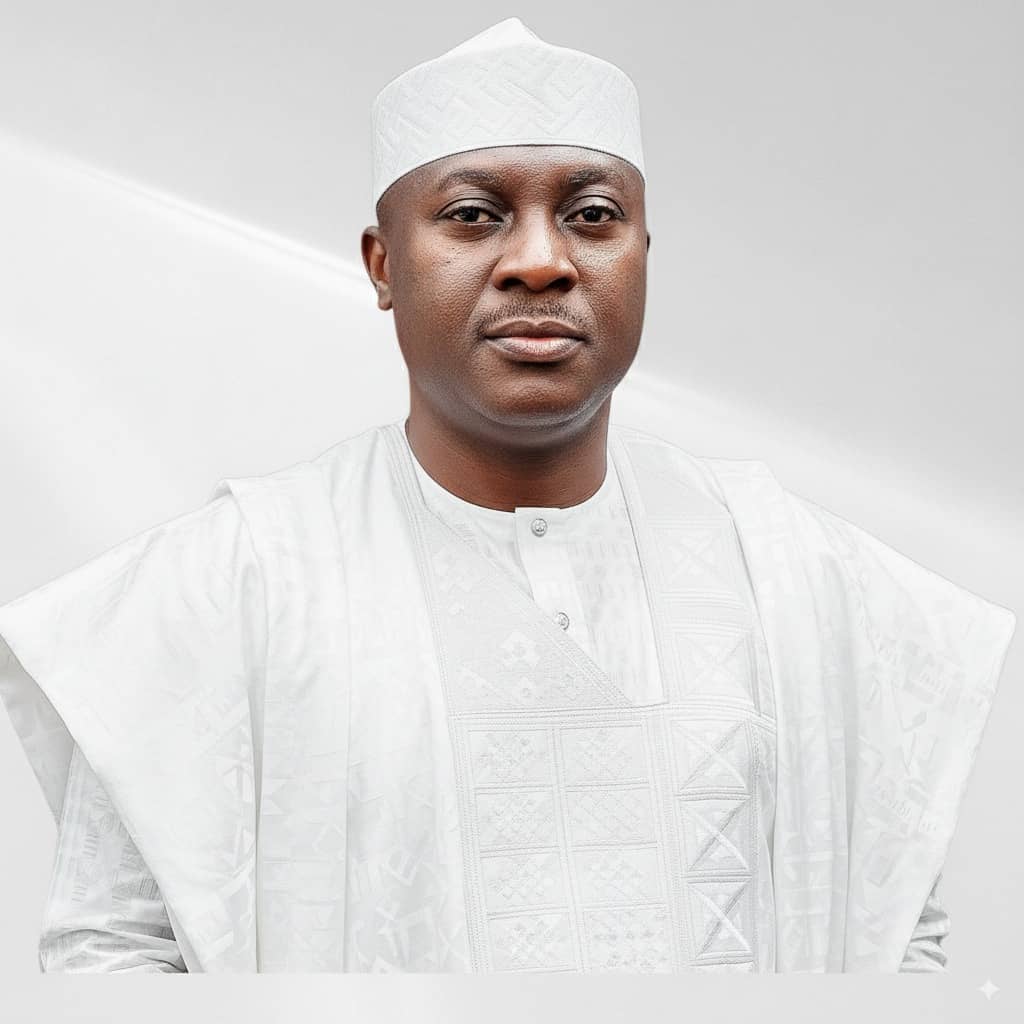Share the post "The Broken Trust Between the Nigerian Government and Its Citizens – Ocheje Unekwu"
By Unekwu Ocheje
In every democratic society, the bond between government and citizens is anchored on one foundational principle: trust. When that trust is strong, it fuels unity, cooperation, and national progress. But when it is broken, as we see in Nigeria today, the consequences are deep, damaging, and long-lasting.
It is therefore understandable that Nigerians find it difficult to trust their government—even when genuine efforts are being made to improve the country. This distrust did not arise overnight; it is the product of years of abuse, deception, and disappointment at the hands of previous administrations.
The government of former President Muhammadu Buhari, for instance, left scars so deep that they continue to shape how Nigerians perceive every subsequent government. For many citizens, having endured hardship, unmet promises, and broken systems during that administration, it feels almost foolish to suddenly be asked to “trust the government again.”
High-profile disappointments, such as the failed Nigeria Air project—where a logo was unveiled amid much fanfare only for the entire venture to collapse in scandal—remain fresh in the minds of Nigerians. The lack of accountability, with those responsible moving about freely without consequence, only deepens skepticism and hostility towards government initiatives.

What Breaks Trust Between Government and Citizens?
Trust is not destroyed by words alone; it is shattered by actions—or the absence of them. Nigerians have lost faith in leadership for many reasons, including:
- Broken Promises and Failed Policies – Governments that promise change but deliver suffering erode confidence.
- Corruption and Impunity – When those who loot public funds face no justice, citizens conclude that the system is rigged.
- Lack of Accountability – Abandoned projects and wasted resources fuel suspicion.
- Poor Communication and Propaganda – Half-truths and empty rhetoric replace genuine engagement.
- Economic Hardship – Rising poverty, unemployment, and inflation shake citizens’ belief in government competence.
- Security Failures – Inability to safeguard lives and property leaves people feeling abandoned.
- Nepotism and Injustice – When fairness is sacrificed for favoritism, loyalty to the state weakens.
The Future Consequences
A nation where trust between government and citizens is broken is one that risks instability. When people cannot believe in their government, they resist even the best policies, oppose reforms, and undermine progress. This distrust fuels apathy, protests, and in extreme cases, civil unrest.
The tragedy of Nigeria’s present reality is that many citizens automatically reject or dismiss positive initiatives from the current administration, not necessarily because those policies are bad, but because they have been conditioned by past betrayals to believe that nothing good can come from government.
A Call for Healing and the Role of the Current Administration
While skepticism is justified, there are genuine efforts today to correct this broken trust. The President of the Federal Republic of Nigeria, Asiwaju Bola Ahmed Tinubu, is making frank and determined efforts to rebuild the bridge between government and citizens.
His administration is working tirelessly to provide critical infrastructure, implement fair policies, and create a level playing field where every Nigerian is treated equally—irrespective of tribe, religion, or region. By prioritizing fairness, transparency, and inclusiveness, the Tinubu government is laying a foundation that could slowly restore confidence in leadership.
This will not be an easy journey. But if these efforts are sustained and the results become visible in the daily lives of ordinary Nigerians, the broken bond between the government and the people can indeed be repaired.
God bless the Federal Republic of Nigeria.
Share the post "The Broken Trust Between the Nigerian Government and Its Citizens – Ocheje Unekwu"
